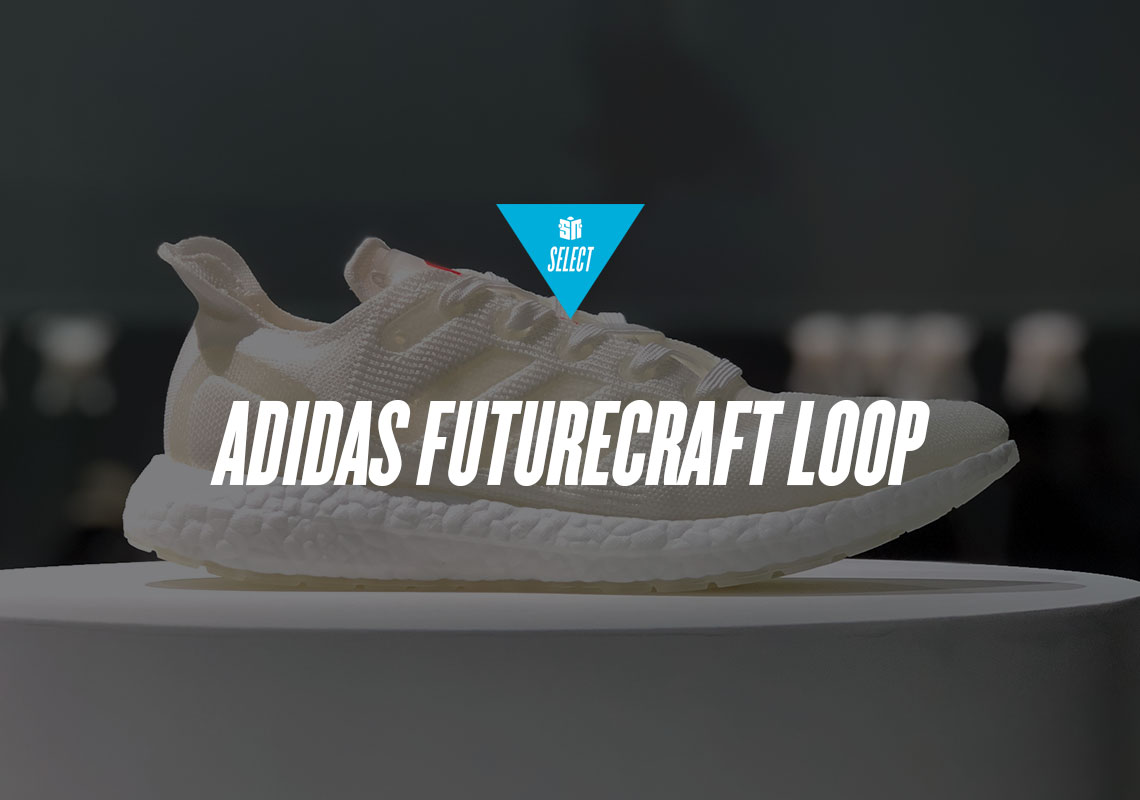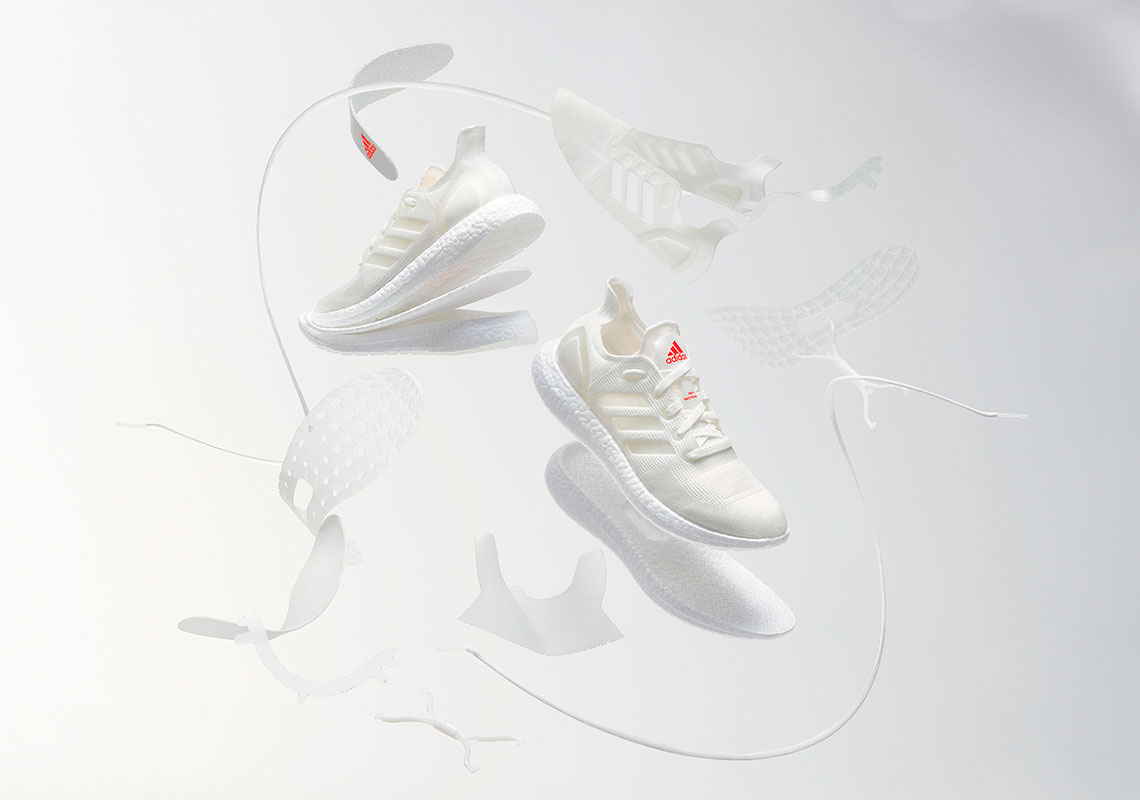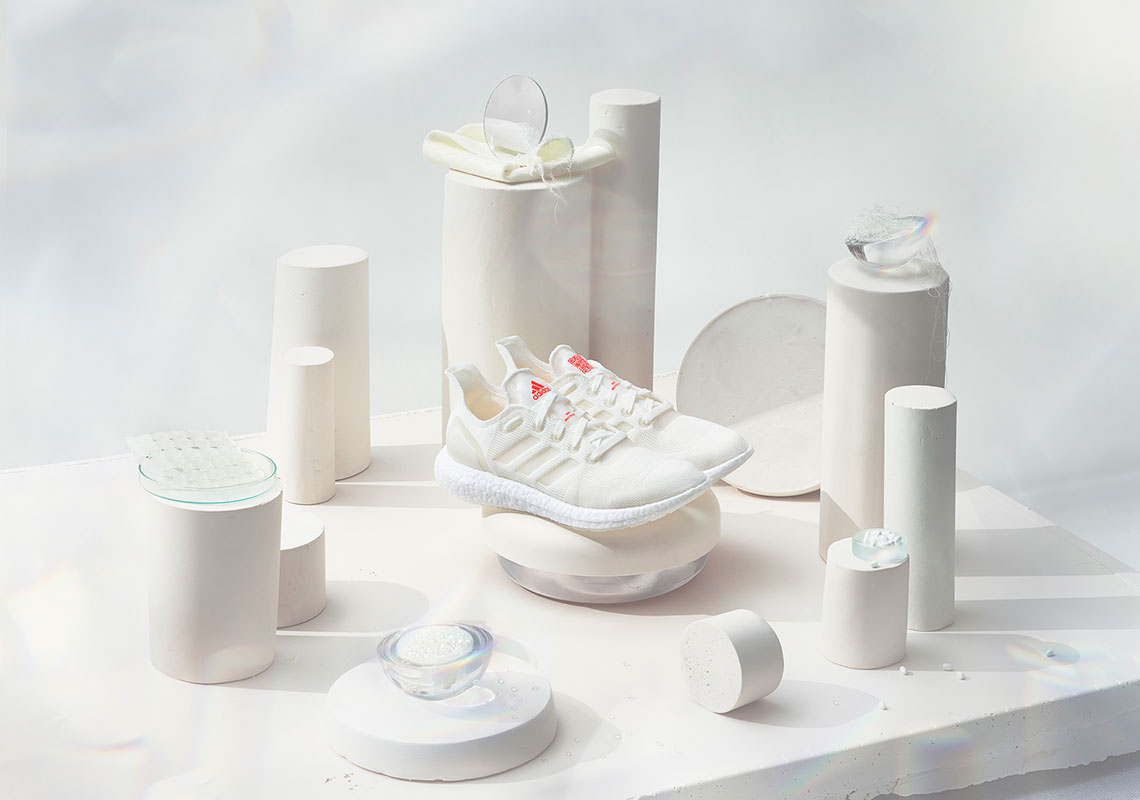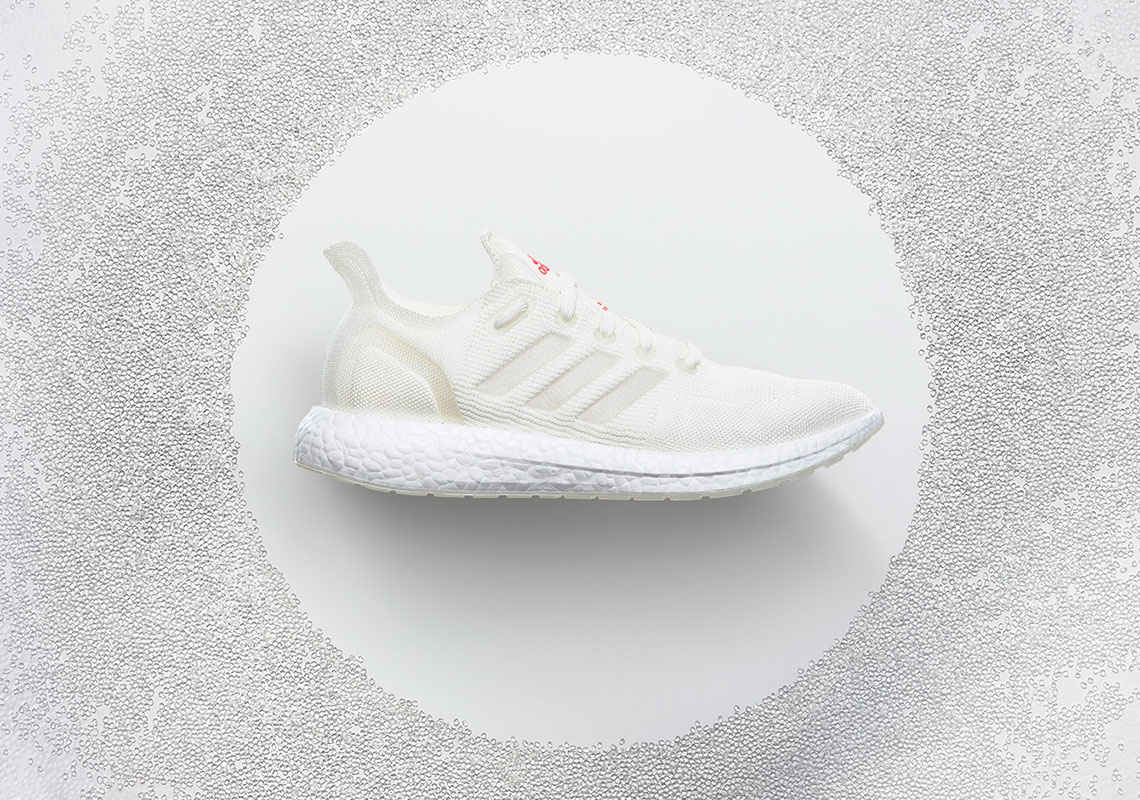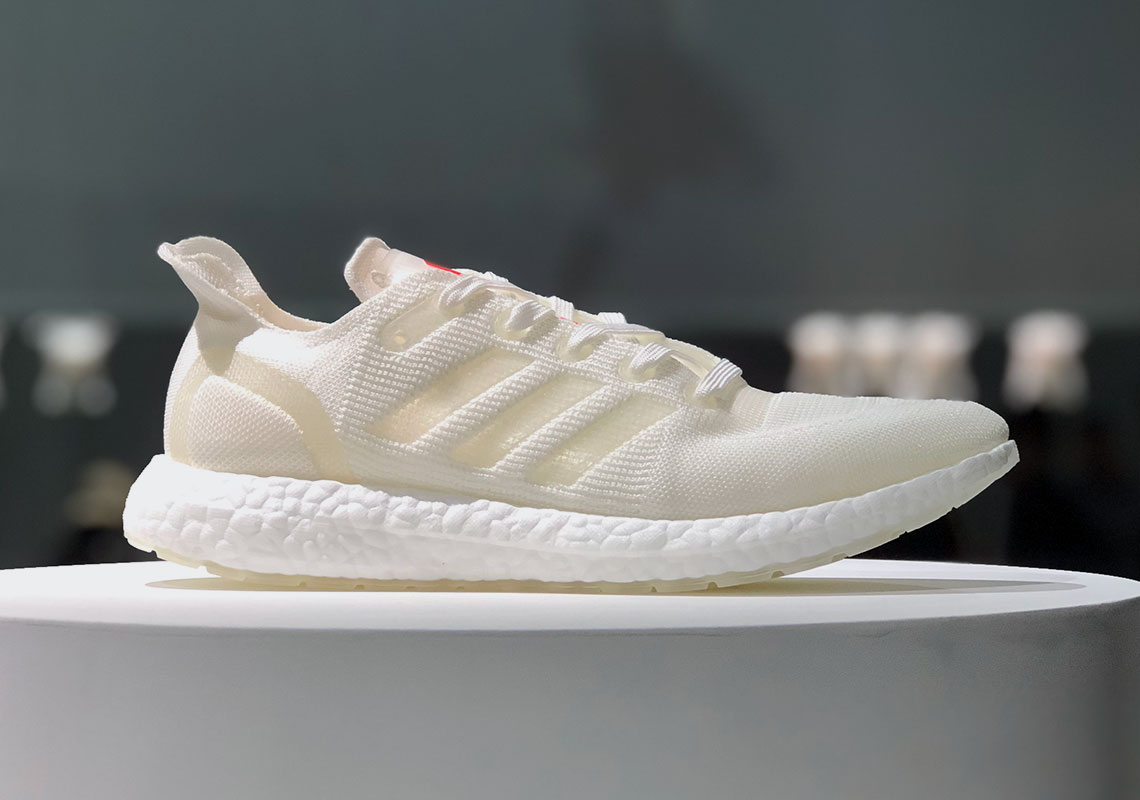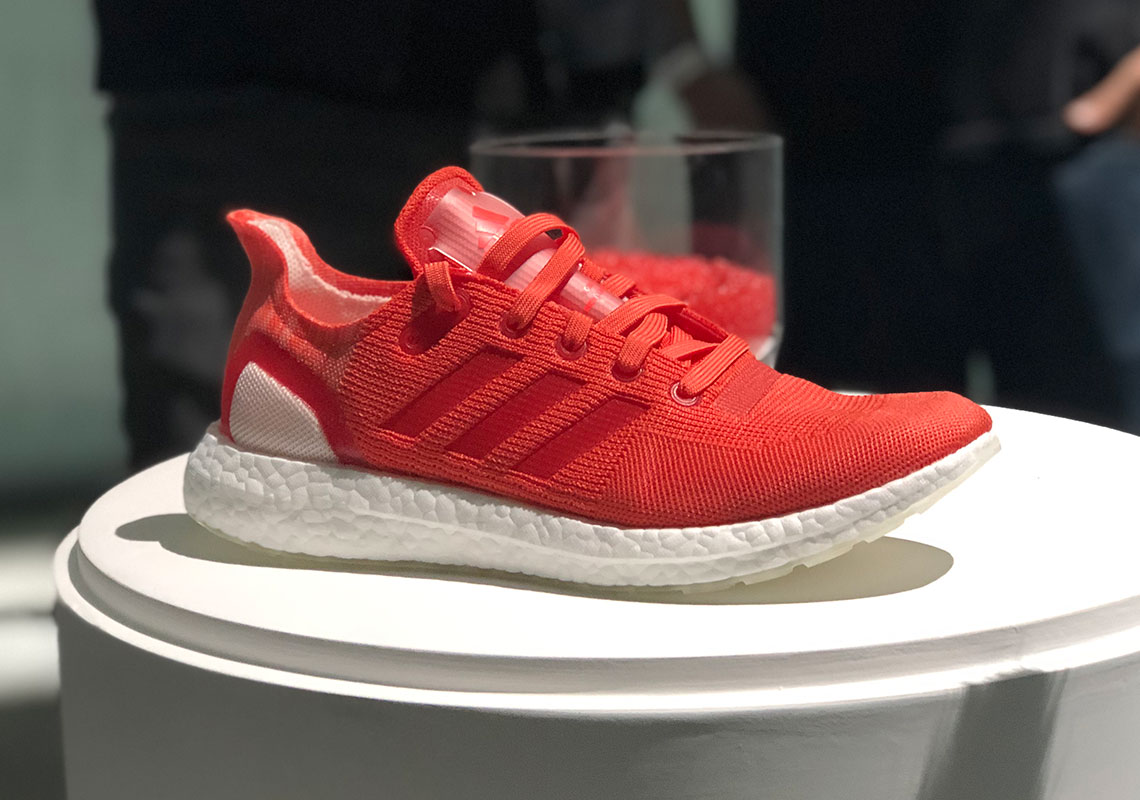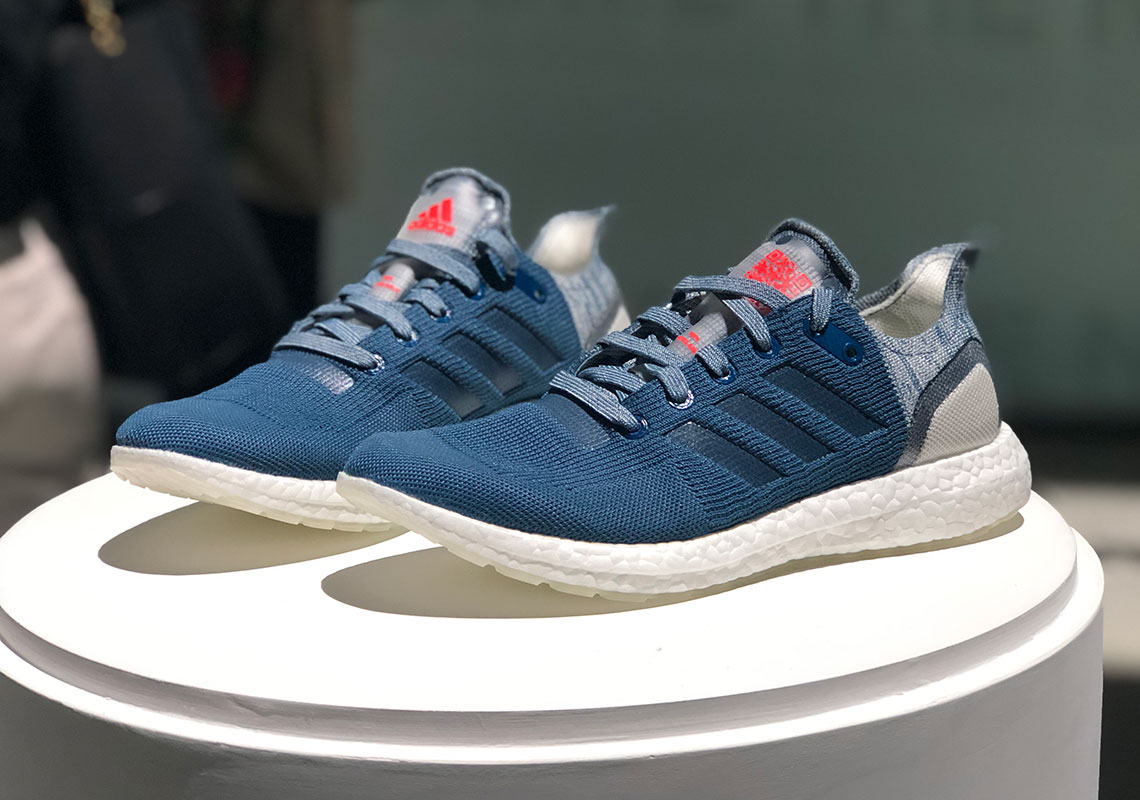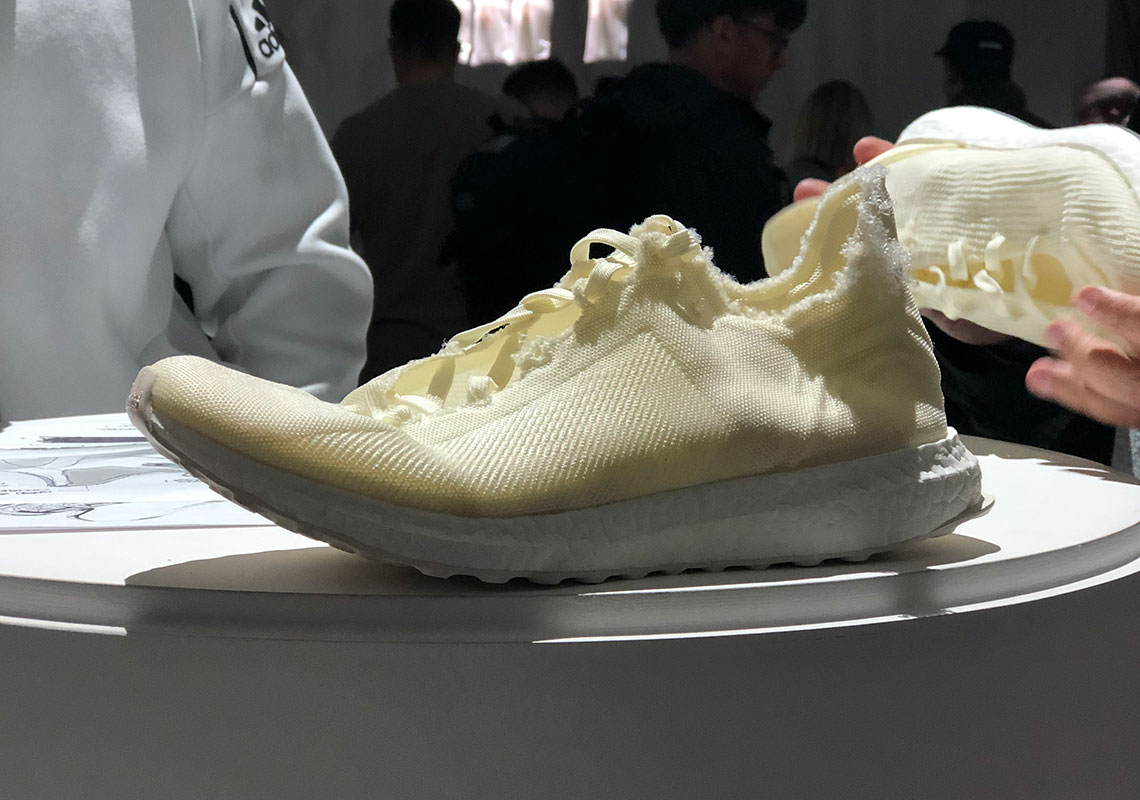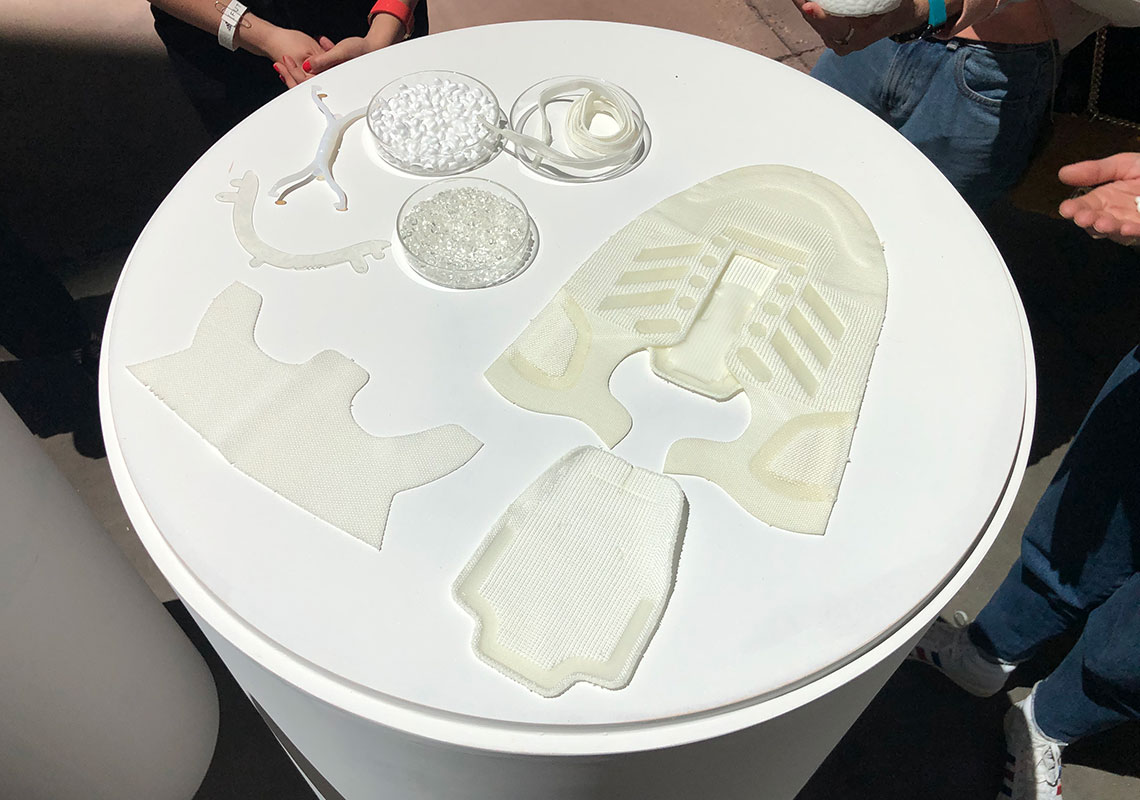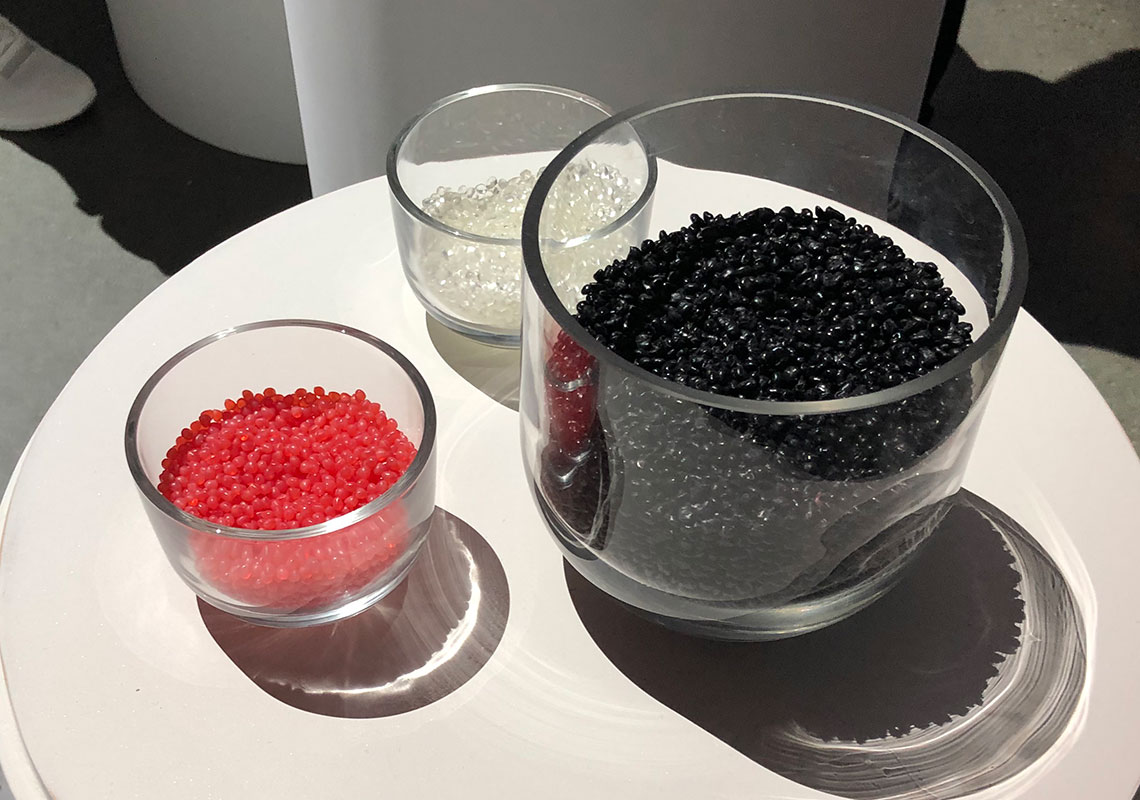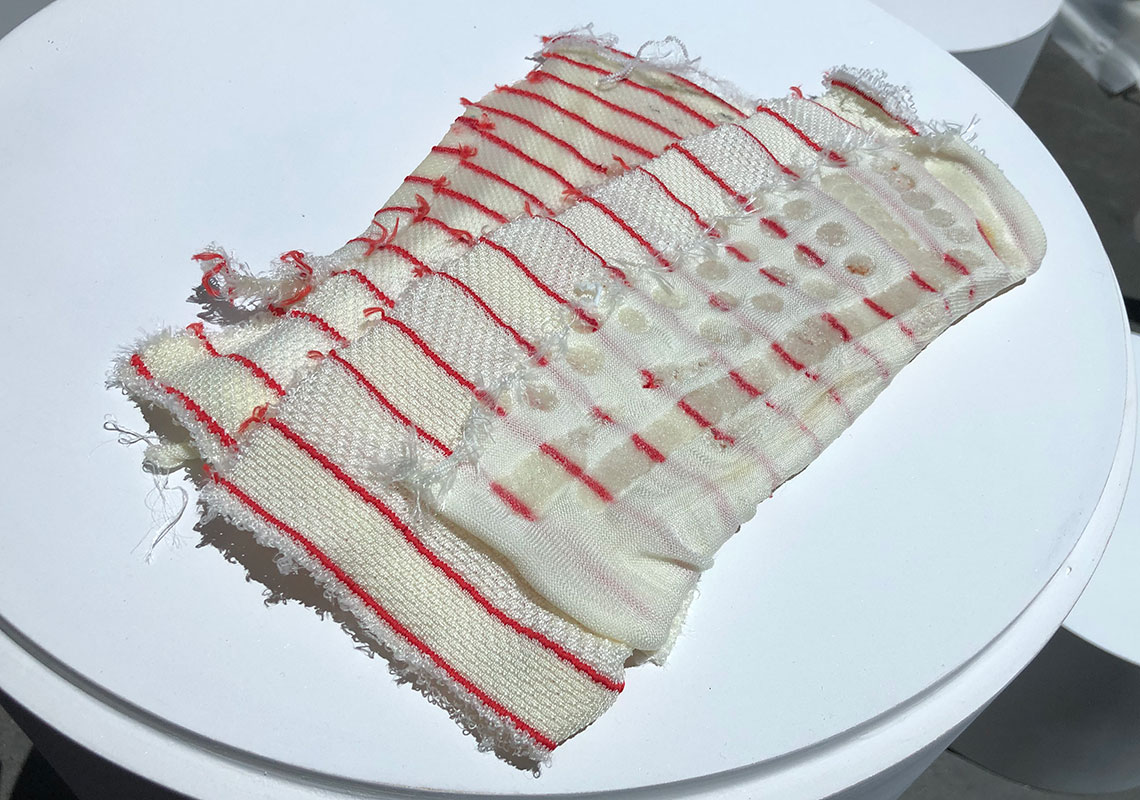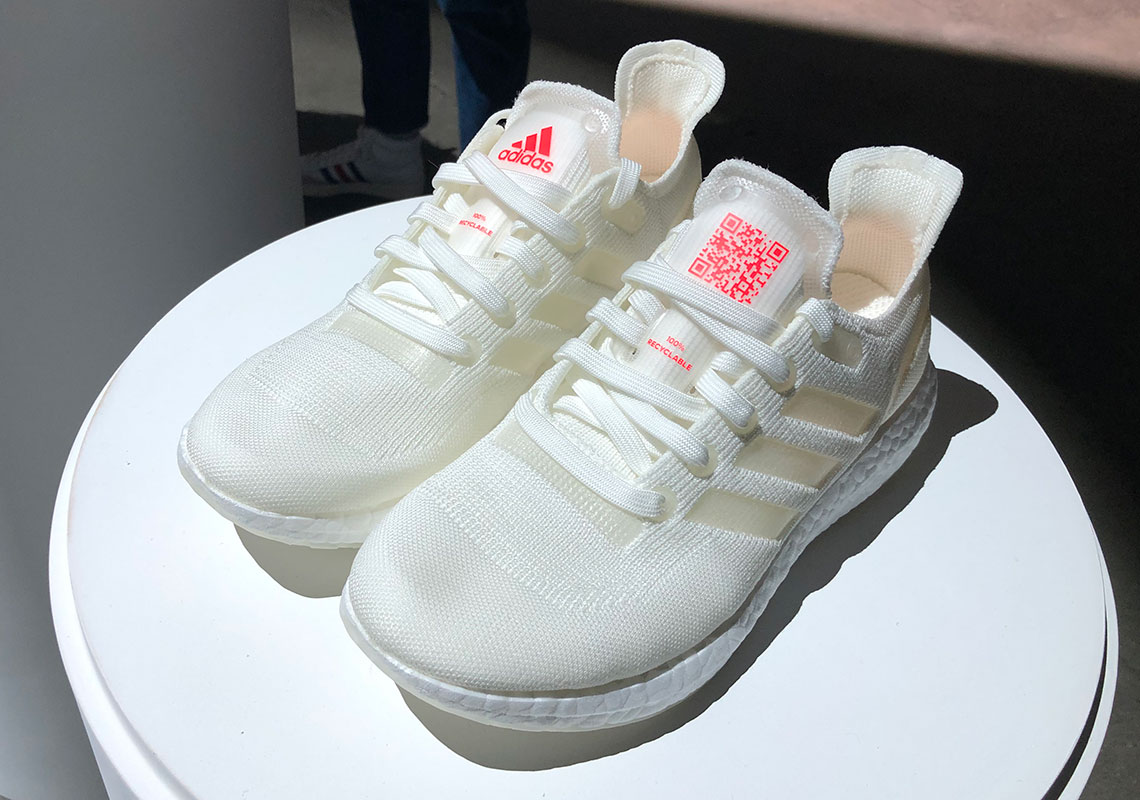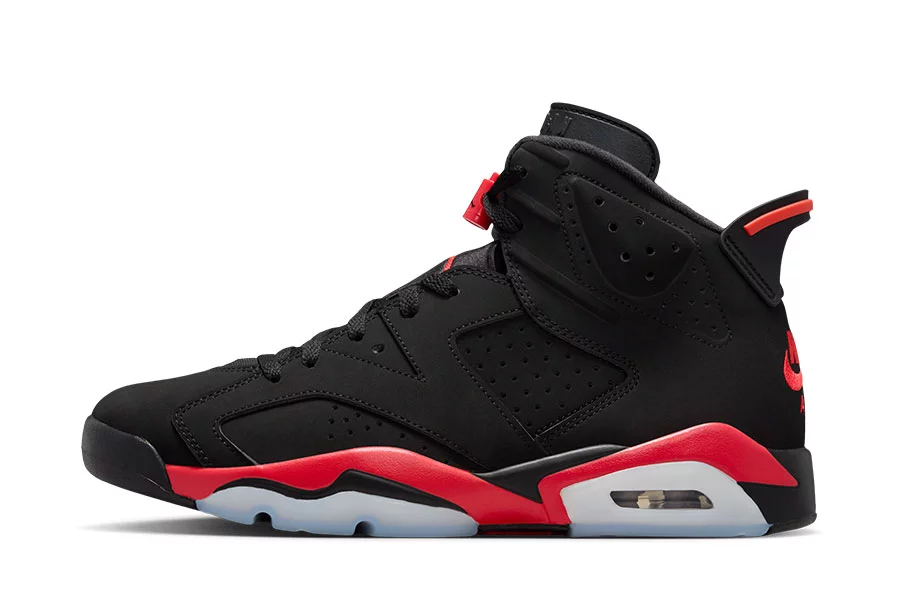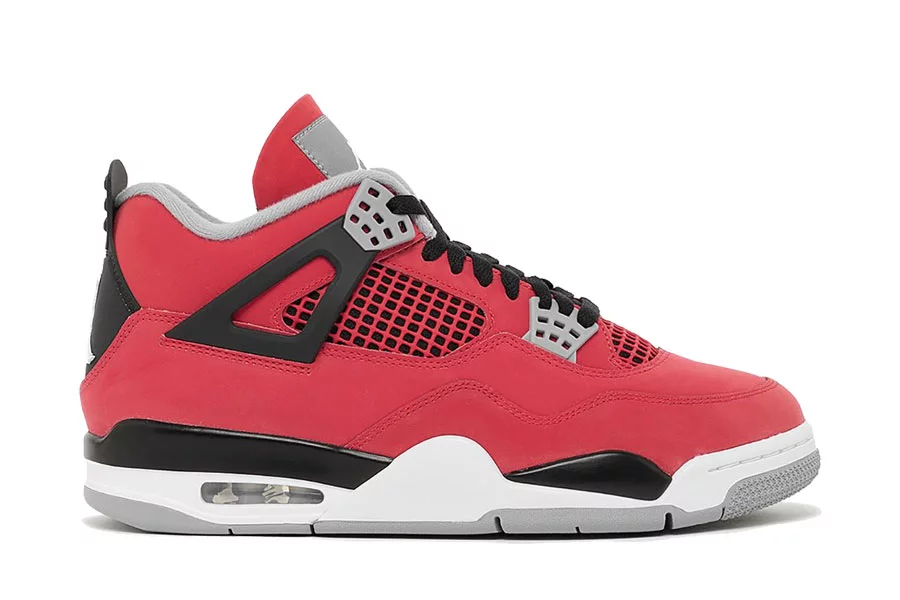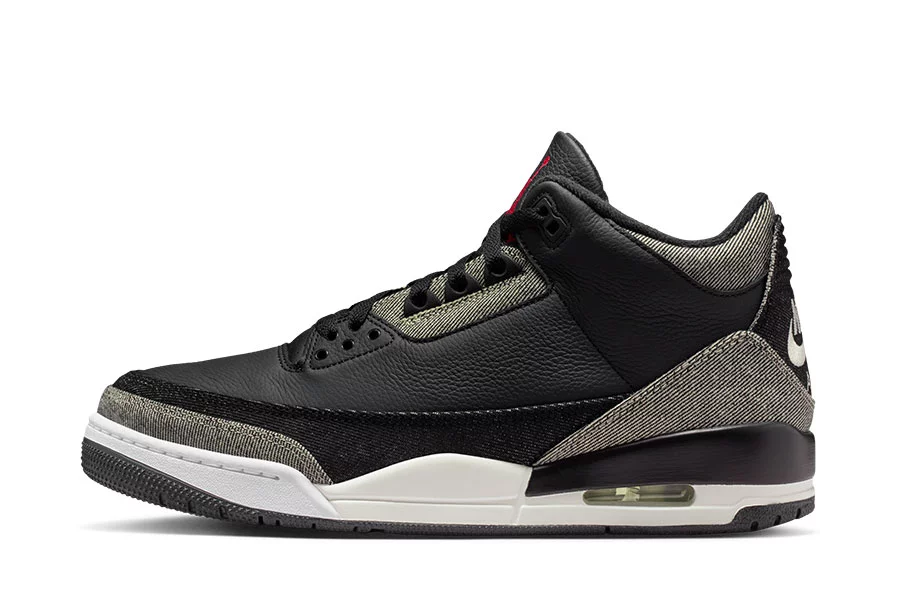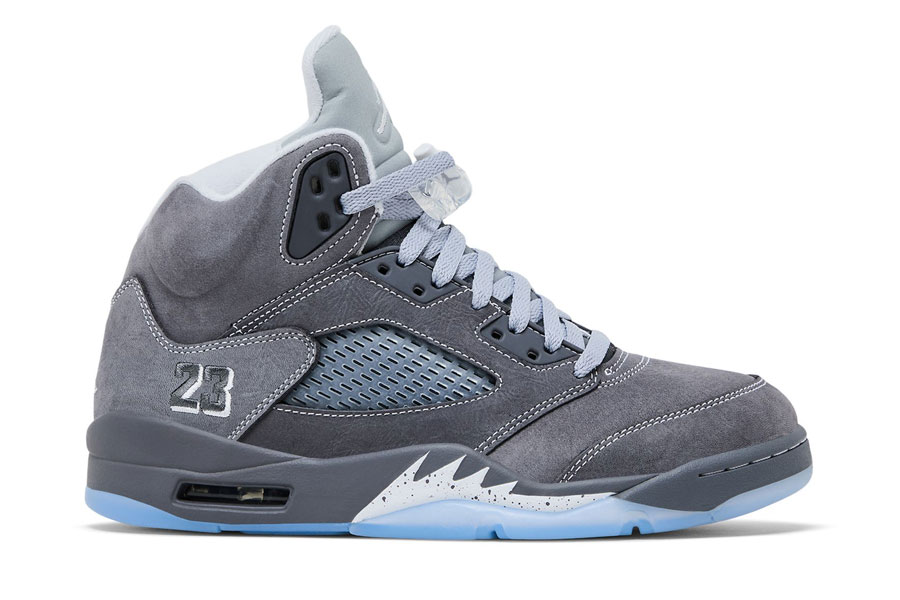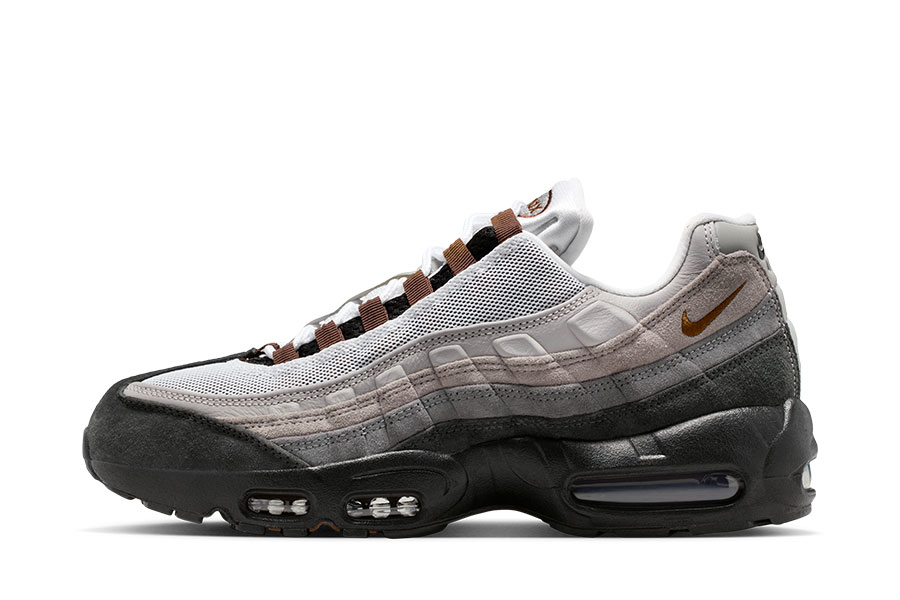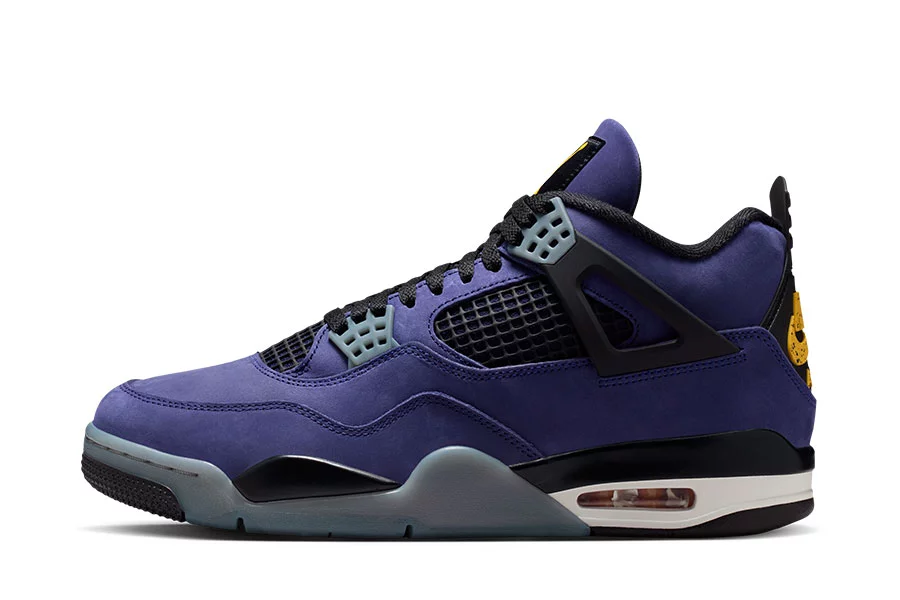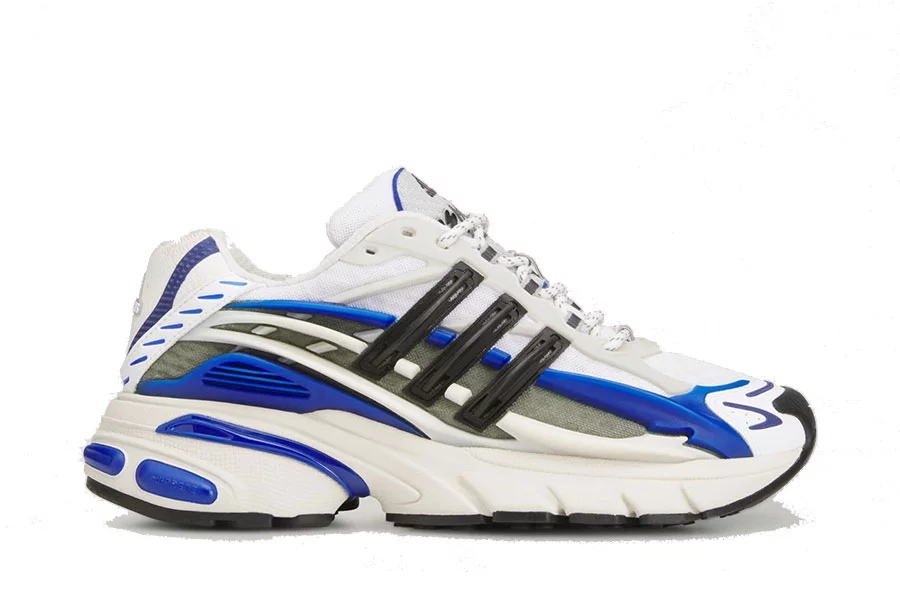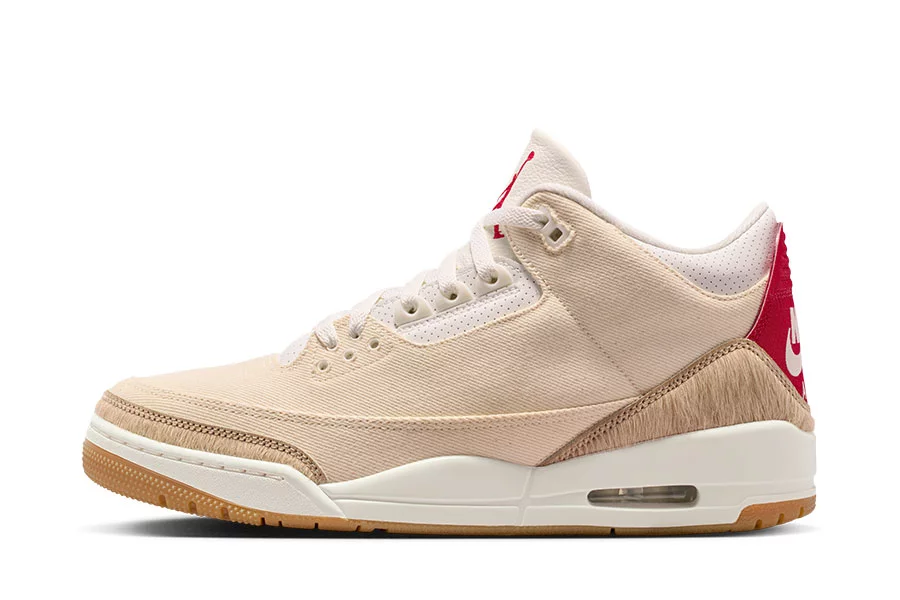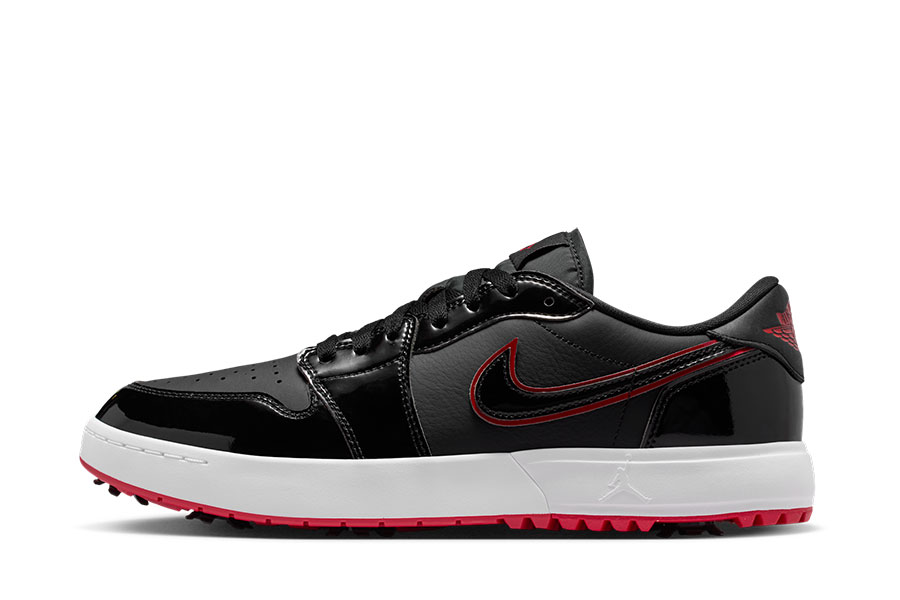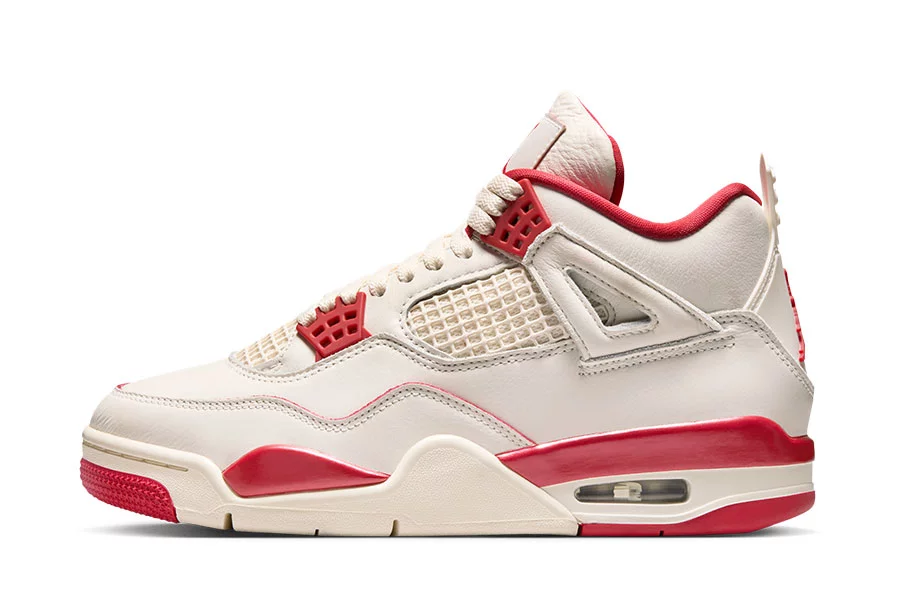
adidas began its initiative to save the world one shoe at a time by teaming up with Parley For The Oceans, an organization dedicated to cleansing the deep blue seas. Together, they processed plastic waste found in the oceans into yarns suitable for production of performance footwear, and in late 2015 they presented a sample of their research and development to the United Nations. From there, the German brand set out on a mission to reduce their footprint by releasing millions of pairs of shoes built in part with recycled waste, and they’re not stopping anytime soon as they confirm that another 11 million will feature the Earth-conscious material.
The brand is wholly dedicated to the idea of sustainability, and their unveiling of Futurecraft Loop might be the most eco-friendly sneaker ever created – as long as the public follows suit. This new creation process involves just one plastic material that can be manipulated into various forms, resulting in a shoe made up of just one material. That in turn means that the shoe itself can be recycled into its base form and made into an entirely new pair of shoes. Is the world ready for a recyclable and shape-shifting sneaker?
On a design standpoint, the Futurecraft Loop isn’t much different from what’s already out in the market. This first prototype (yet ready-to-wear) model shares similar elements to the Ultra Boost and Pure Boost running shoes. Don’t focus on the looks too much, because that’s not what’s on platform here. The real emphasis is on the production process, because it’s quite astounding that one material can form the upper knit, the heat-welded heel frame, the stripes, the Torsion bar, and even the Boost.
The idea here is that when you eventually own a pair of Futurecraft Loop sneakers, you’ll be owning a chunk of material – not the actual shoe. As part of a natural full-circle process, the shoes can be returned to adidas where they’ll recycle it into a new sneaker and send it back to you. That’s what the brand ideally wants to accomplish, but the logistics of all that can get tricky. That means the number of actual Futurecraft Loop shoes on the market could be limited, and the prices will likely be very high. We’re thinking Futurecraft 4D prices at the very least.
Just 200 pairs of the white version you see here were given out to select media/influencers. We were one of the lucky few, but unfortunately we won’t get to keep them. Instead, we’ve been instructed to wear them regularly over the next month or so, and then send it back when they’re ready to gather them for further analysis, as if we were always part of the R&D process in the first place. How will this recycled material fare against regular wear and tear? Will it discolor? Is it as good or even better than what’s offered on the market now?
Unfortunately, the general public won’t get to see for themselves until the year 2021. There’s still a lot to be discovered with Futurecraft Loop, but it’s clear – owning a pair of shoes has a new meaning.


